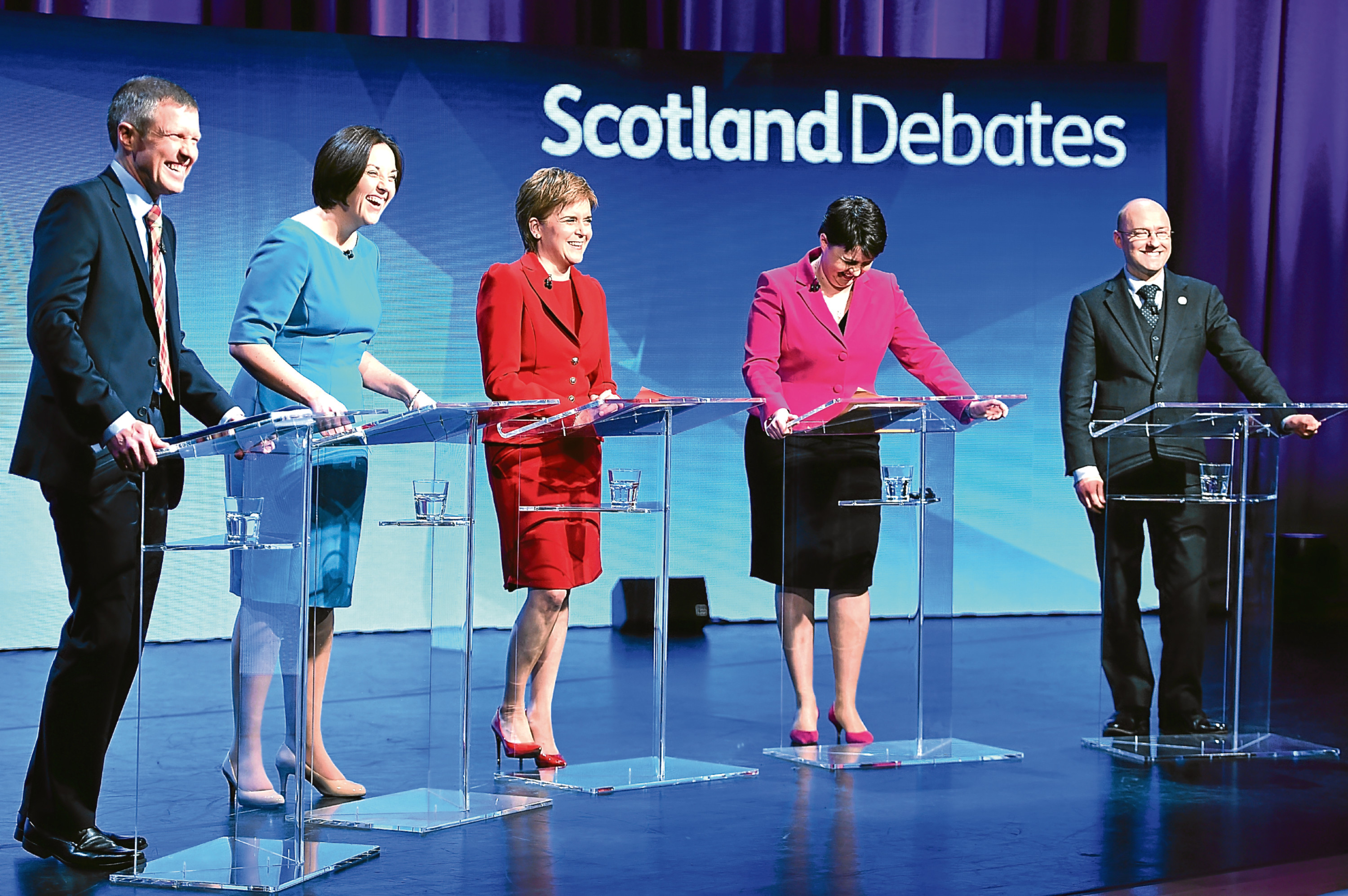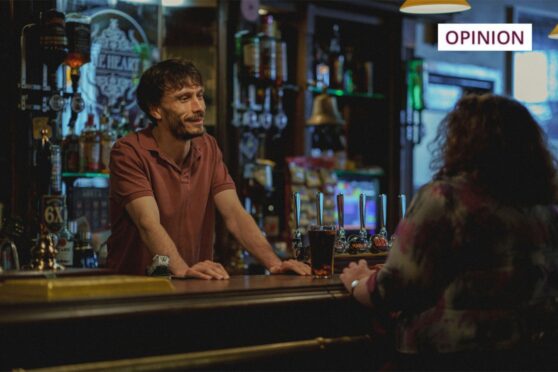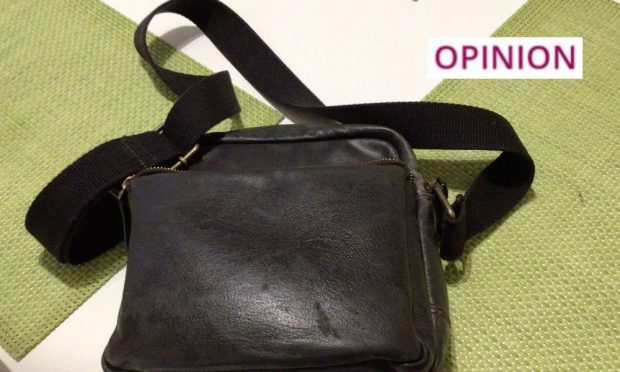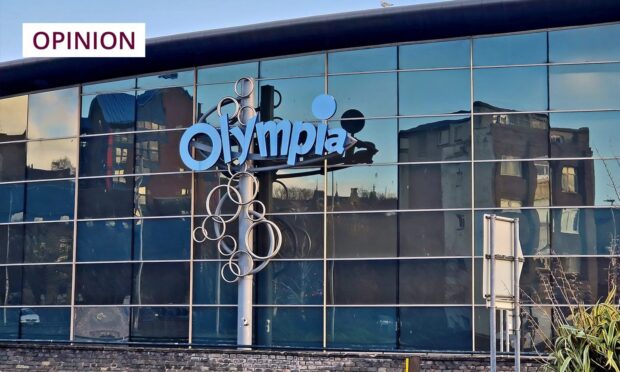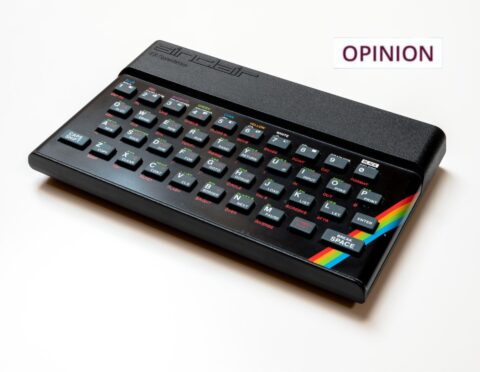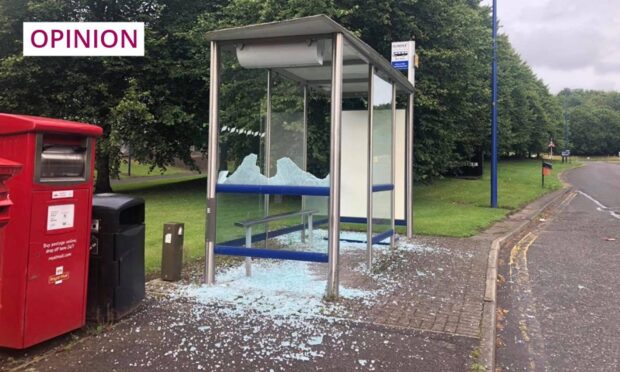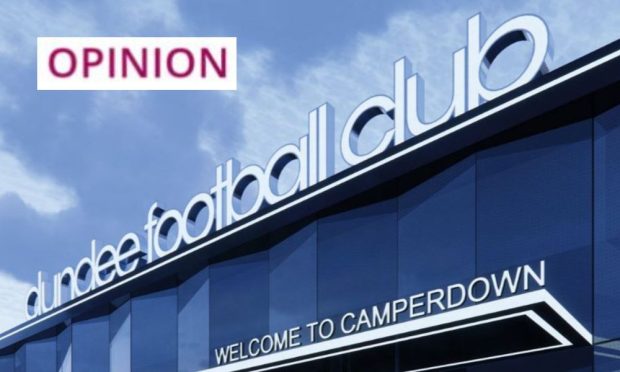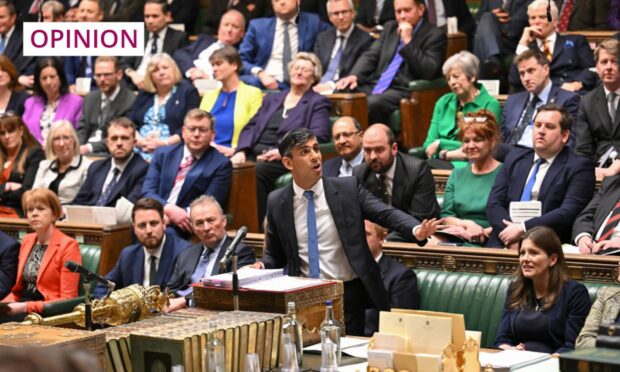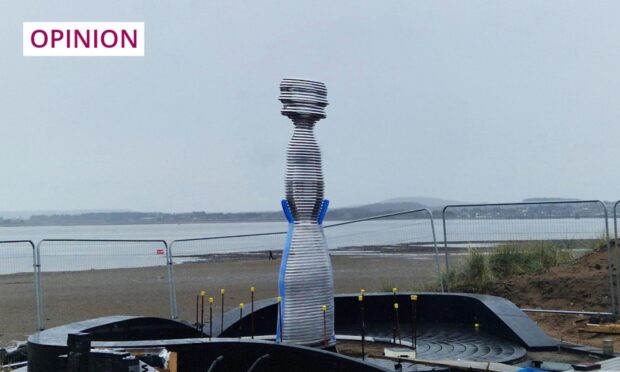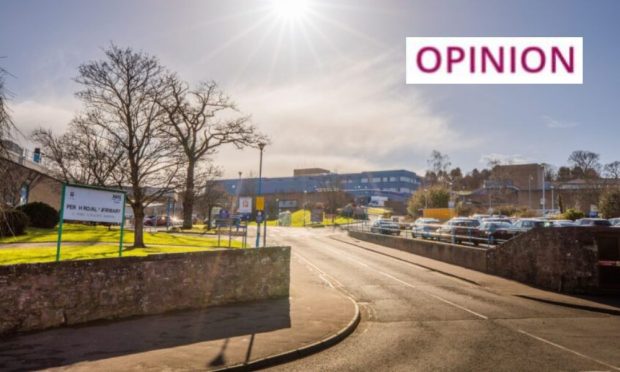It was the moment that dominated the first televised Scottish leaders debate of this general election campaign.
A nurse took Nicola Sturgeon to task over a public sector pay cap that means the wages of those who work in the health service has crept up by just 1% in each of the last nine years.
There was quite the fall out from the exchange with one of the criticisms being made, this time of the BBC rather than the questioner, was that health is reserved to the Scottish Parliament so should not be brought to the fore of discussions.
Away from political point scoring, though, it’s a legitimate concern to have. There is already a degree of confusion about what responsibility MPs, MSPs, and councillors actually have.
In Scotland, this election is not about NHS, education, or justice policies beyond the potential knock-on effect any significant spending change would have on the Scottish Parliament’s finances.
It’s barely even about taxes, given MSPs now set the Scottish rates and bands.
No, this election concerns Brexit, defence, your electricity bills, welfare to an extent, and independence.
Why the latter? Well, the constitution is reserved, Nicola Sturgeon has put forward a request for a second referendum, which has been rebuffed, so the issue is very much on the table for this vote no matter what some who realise its not playing brilliantly might try to argue.
That’s quite a lot to get our heads round and the issues on the table are extremely important.
Why, then, are we still speaking about devolved issues? Sarah Smith, who did a very good job chairing the debate, offered an explanation to viewers when taking an education question.
She said: “Education is a devolved issue that is controlled from Holyrood but we had a lot of interest from our audience and of course a lot of people care very much about this so it will probably influence how they vote.”
This is definitely part of the issue. We see health and education services in action almost every day, either directly or through the experiences of friends and family, so care deeply about them.
When politicians put themselves in front of people, they automatically, and quite rightly, want to ask about issues affecting them directly.
This week will see The Courier host four hustings events, giving you the chance to put candidates on the spot.
I fully expect issues of local significance to come up, even if they are not going to be decided on by votes in the House of Commons.
The Dundee debate of 2015, for example, ended up being dominated by the closure of Menzieshill High School.
None of the candidates could change the decision by winning the election, but good politicians are able to influence their counterparts in councils or different parliaments if they care enough about an issue.
There is another reason why the audience at the BBC debate wanted to ask about issues other than the very important ones reserved to Westminster.
The devolved leaders had been put forward. Of the six appearing, only Patrick Harvie of the Scottish Greens and Ukip’s David Coburn are standing in this election and they contributed the square root of nothing at all to proceedings.
If the SNP doesn’t want its record in government to be discussed, it shouldn’t be the First Minister appearing on our screens.
Perhaps it should be Angus Robertson, the party’s leader at Westminster, against David Mundell, the Conservative Scottish Secretary, and the only Labour and Liberal Democrat survivors of 2015, Ian Murray and Alistair Carmichael.
That doesn’t pull in the same ratings, though, and all of the parties want the people they see as their star performers – i.e. the leaders – on telly as much as possible.
Fine. Just don’t moan when things go off your script.
